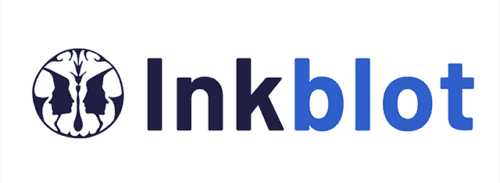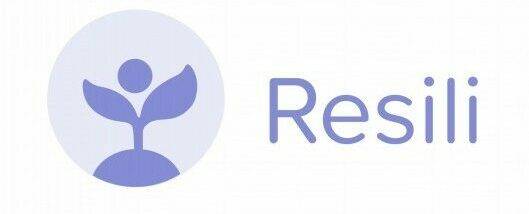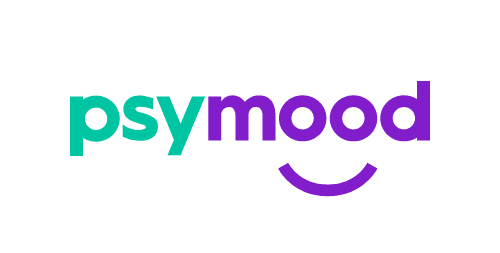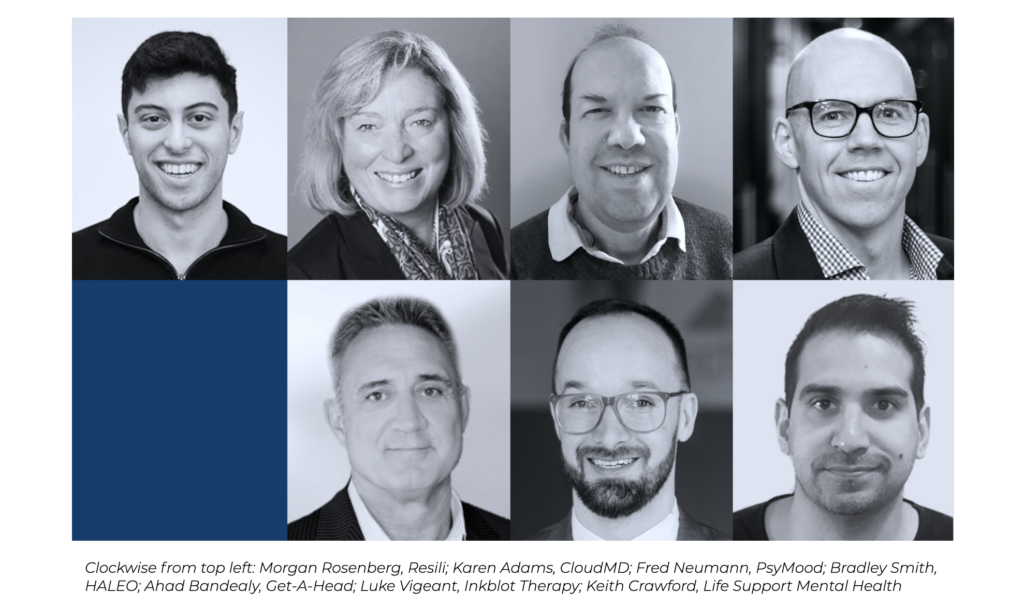It’s taken long enough, but it seems as though another taboo is slowly being lifted: everyone is finally talking about mental health.
Months of social isolation and economic uncertainty due to COVID have affected us all, and that’s just the tip of the iceberg. Mental health services have been overwhelmed by demand, with symptoms of anxiety and depression tripling and quadrupling respectively compared to pre-COVID levels.
As entrepreneurs, the extreme highs and lows often associated with operating a startup make us vulnerable in unique ways.
The Canadian Mental Health Association reports that:
- 62% of entrepreneurs feel depressed at least once a week
- Female entrepreneurs are more likely to report mental health issues
- Early-stage entrepreneurs and those those with fewer employees or less revenue are more likely to report mental health issues
- 46% say mental health issues interfere with their ability to work
Forbes recently cited a number of staggering statistics from the National Institute of Mental Health, including this one: “72% of entrepreneurs are directly or indirectly affected by mental health issues compared to just 48% of non entrepreneurs.”
Dr Paul Hokemeyer, an internationally renowned psychotherapist and author of the book “Fragile Power”, works directly with many founders and offers an interesting perspective.
“I see percentages in the range of 80% of entrepreneurs who struggle with a host of personality disorders such as narcissism, sudden wealth syndrome and impostor syndrome. These conditions erode not just the effectiveness of start-up founders; they also have a negative impact on the endeavours that these highly intelligent human beings have risked their financial, relational, intellectual and emotional capital to pursue.”
It’s good to know we’re not alone — but what actions can we take?
At MedStack one of our core cultural tenets is radical transparency. Beyond the way we communicate at work, this also includes speaking candidly — and often — about how we are feeling and what we are doing to stay healthy.
The Business Development Bank of Canada (BDC) shares the following tips in its latest Canadian Entrepreneur Mental Health and Well-Being Report:
- Take advantage of your innate resilience.
- Manage your expectations.
- Try to delegate.
- Watch for warning signs, including changes in normal behaviour, increased alcohol or drug consumption, withdrawal from relationships, difficulties in daily functioning, and rumination.
- Don’t be afraid to reach out for help.
At MedStack we work with many founders who are paving the way for more honest conversations about mental health and normalizing the ups and downs of being human.
Read on to learn more about some of the champions of mental wellness in our community, along with the solutions they are building.

Inkblot Therapy exists to improve the mental health of individuals and organizations by providing the most effective and accessible solutions in the market.
“1 in 5 people in Canada will personally experience a mental health problem or illness. Shining the light on mental health is necessary to widely destigmatize it as people come to understand its equal importance to physical health. Inkblot matches you with the counsellor who is most likely able to help you based on who you are, where you’re located, and what you’re going through. The counsellor that is most likely able to help you isn’t necessarily the one that lives in the same town or subway line as you.”
– Luke Vigeant, Co-Founder and CEO, Inkblot Therapy

Get-A-Head is a secure and accessible digital platform for mental health providers that trains, measures, and improves effectiveness in the delivery of care to clients.
“The conversation around mental health has been one of great importance to me, stemming from personal experience. Of particular interest is the disparity in mental health care between supply and demand that has long existed, only exacerbated by COVID-19. We are excited to leverage our technology to offer new virtual care options for students while giving university training programs and clinical supervisors the tools they need to ensure training requirements are met. It is imperative that we support programs that improve access to mental health care while supporting the training needs of aspiring mental health clinicians. When deployed responsibly and informed by clinicians, technology can result in a more connected, comprehensive mental health care system.”
– Ahad Bandealy, Founder and CEO, Get-A-Head

Resili helps to put individuals in control of their mental health with a science-backed approach to building mental strength and resilience.
“What if employers could proactively predict burnout based on things they could actually control and change? What if every person could have a personalized report on where they’re mentally strong and where they need more practice? That’s what we do at Resili.”
– Morgan Rosenberg, Founder and CEO, Resili
HALEO offers clinically proven telemedicine solutions to improve sleep.
“Recent studies show a 30% increase in sleep diseases related to the pandemic, resulting in 55% of the population suffering from poor sleep. Our solution is easy to use, effective and delivers some of the most rapid results in treating sleep disorders.”
– Bradley Smith, Founder and CEO, HALEO

PsyMood is an online platform that connects users to mental health specialists who speak their first language and understand their cultural background.
“If it is already so difficult to talk about mental health problems in your first language, imagine in your second language. Based on this assumption, we founded PsyMood to help newcomers, minorities and anyone who seeks help and would like to connect with someone who deeply understands them.”
– Fred Neumann, Co-Founder and CEO, PsyMood

Life Support Mental Health is an easy-to-use, online assessment tool that helps to triage individuals to licensed mental health professionals.
“The hardest part of any mental health battle is the initial conversation. Making that commonplace for any Canadian who suffers is life changing, and in many cases life saving.”
– Keith Crawford, Co-Founder and CEO, Life Support Mental Health

CloudMD is revolutionizing the delivery of healthcare and provides mental health assessments, customized care plans, and access to online resources through Snapclarity, its digital mental health platform.
“The COVID-19 pandemic is the most serious public health emergency of our lifetime and it has further deepened the mental health crisis we were already facing. Our mental health services provide virtual and in-person support for patients and gives them treatment pathways to assist in their recovery.”
– Karen Adams, Chief Innovation Officer, CloudMD
If you or someone you know is struggling, you are not alone. Talk to a trusted friend, a healthcare provider, or refer to this list of resources.






